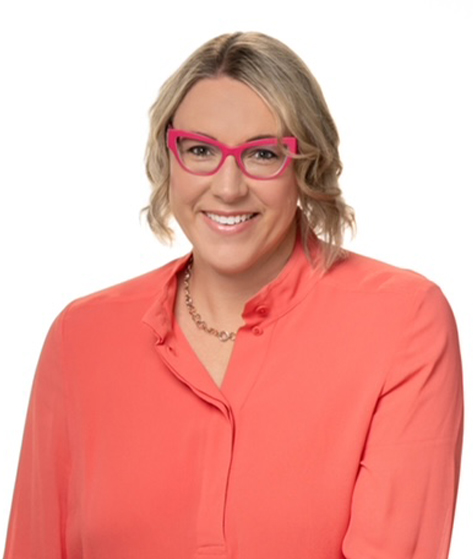
Our bones are continually changing as new bone is made and old bone is broken down. When we are young, our body makes new bones quicker than it breaks down old bone, so our bone mass increases. Most people will reach their peak bone mass around the age of 30. After that age, bone remodeling will continue, but you will lose slightly more bone mass than you gain.
Radiation, chemotherapy, and hormonal therapy can lead to decreased bone density and bone loss, which can increase the risk of osteoporosis. Because of this, it is important to be proactive in preserving your bone health when undergoing these treatments.

Board-Certified Surgeon
MICHELE LEY, MD, FACS
Dr. Ley, a breast surgical oncologist in Tucson since 2006, delivers compassionate and personalized care to create tailored treatment plans based on the latest research. Specializing in surgical care for breast cancer and high-risk patients, she employs minimally invasive techniques and practices oncoplastic surgery to optimize outcomes.
More About Dr. LeyWays to Boost Bone Health
Both physical activity and nutrition can help to protect your bones. However, before supplementing your diet, be sure to consult with your physician.
Diet: Eat calcium-rich foods such as milk, yogurt, cheese, salmon, or calcium-fortified foods, or take a calcium supplement (1200mg of calcium divided into doses) to help ensure that you are getting enough calcium into your body.
Vitamins: Take a vitamin D3 supplement of at least 2000 IU daily.
“The level of care is excellent.”
Exercise: Exercise in adults and children has been found to help strengthen both muscles and bones, prevent bone loss, make bones dense, help prevent fractures and falls, and prevent osteoporosis.
Weight-bearing exercises such as weight training, walking, hiking, and dancing place force on the bones, making them work harder. Balance training can help to improve balance and prevent falls such as walking, tai chi, step-ups, and lunges.
Lifestyle: Avoid substance abuse to keep your bones healthy. Women should avoid drinking more than one alcoholic drink a day, while men should avoid drinking more than 2 alcoholic drinks a day.
Contact Us Today
If you are concerned about your bone health due to cancer treatment or have risk factors for osteoporosis, please contact Tucson Breast Health Specialists today. Our Tucson, AZ team is dedicated to providing outstanding care for each of our patients.

ABOUT US
More About Us
OUR BLOG
Read Our BlogCONTACT US
We are dedicated to providing the support you need. Contact us today to learn more about how we can help on your breast health journey.










